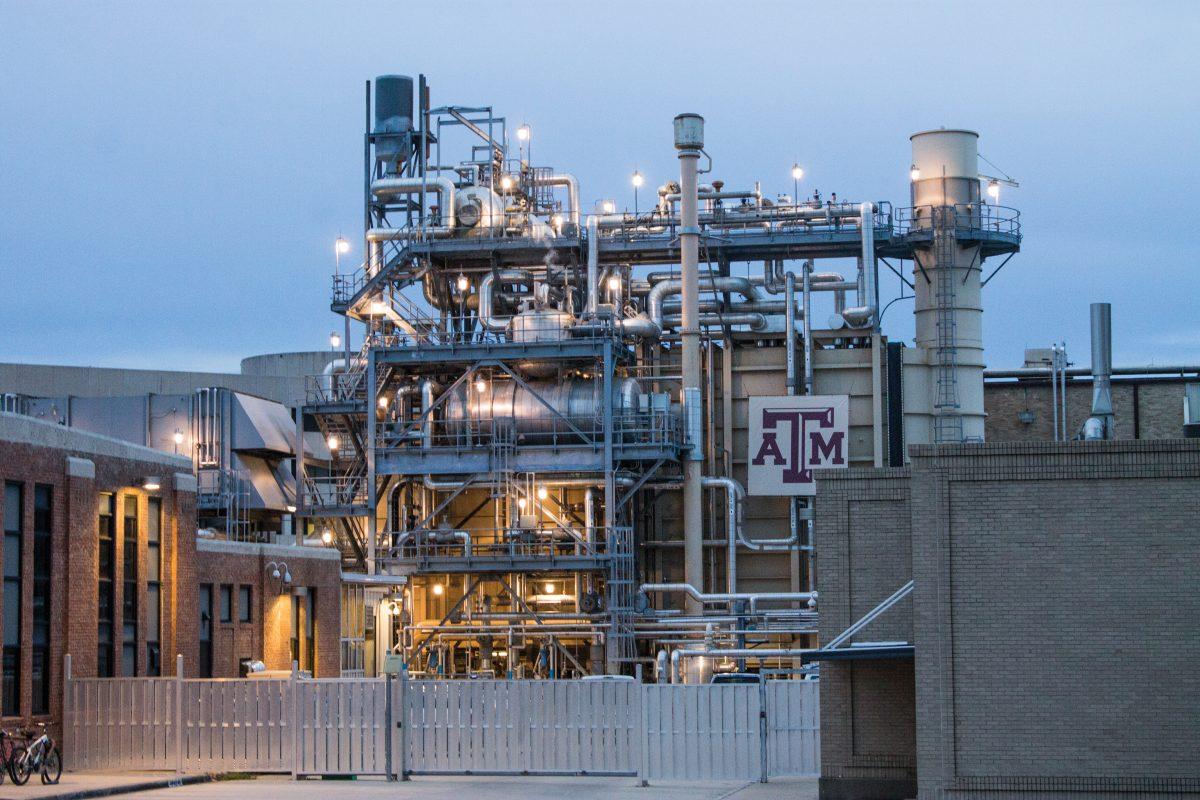The global effects of climate change have not left Bryan-College Station unscathed, according to a recently published study by Environment Texas.
The new report found the Bryan-College Station region had 40 days of elevated particulate matter in 2020. This contamination affects not only the climate, but also the health of individuals in the area as air pollution alone is linked to over 17,000 deaths in Texas every year. The findings list damage to respiratory and cardiovascular systems, worsened mental health, cancer and increased risk to infectious diseases such as COVID-19 as just a few of the possible effects from possible exposure.
Environment Texas Executive Director Luke Metzger said there are a variety of causes for air pollution across the state.
“Coal fired power plants, particularly in northeast Texas, [and] petrochemical production on the Gulf Coast … pollution from the Sahara and dust from Mexican agricultural fires, to just dust and other things that are stirred up from construction activity are all contributing to these kinds of fine particulate matter,” Metzger said.
While these pollutants discussed in the study directly affect personal health, they are also a contributor to climate change, Metzger said.
“A lot of the same sources of smog and pollution, like heavy diesel equipment or power plants, are also contributing in releasing carbon dioxide, which of course is the main greenhouse gas,” Metzger said.
Solving this problem would not only improve public health, but also help reduce climate change, Metzger said.
“We know that if we don’t address the climate crisis and reduce emissions, the planet is going to be warmer,” Metzger said. “We can both address the climate crisis and make our air cleaner to breathe.”
The report also details the link between climate and air pollution in regard to global warming.
“Global warming is likely to make air pollution worse in the years to come,” the report reads.
Natalie Johnson, Ph.D., an associate professor in the Department of Environmental and Occupational Health in the Texas A&M School of Public Health, said air pollution can affect everyone.
“Even people that would be considered healthy that aren’t sensitive to air pollution could be at risk for the development of a variety of different diseases,” Johnson said.
This situation is not just a Texas problem, rather a global issue, Johnson said.
“Globally, it’s probably the most important risk factor,” Johnson said. “And for the United States, more people die of air pollution versus crashes [or] drug overdoses.”
There are some things people can do to help mitigate their personal risk factors, Johnson said.
“You want to make sure that you have good air filters for your home … as well as your car,” Johnson said.
People can also check the daily air quality online and adjust their day accordingly, Johnson said.
“If it happens to be a poor air quality day, then you may choose to modify your activities and maybe exercise indoors,” Johnson said.
However, to really make a difference, policies around what’s allowed need to first change, Johnson said, which has already begun.
“The World Health Organization recently just lowered its standards dramatically from 25 micrograms per cubic meter … all the way down to 5 micrograms per cubic meter,” Johnson said.
As of now, these guidelines are far from being met, Johnson said.
“Most of the world is not within these guidelines,” Johnson said. “The ultimate goal is making sure that we could reduce the sources and prevent individuals from having heightened levels of exposure.”
Bryan-College Station experienced 40 days of polluted air in 2020
November 3, 2021
Photo by FILE
A study published by Environment Texas reported 40 days of polluted air in the Bryan-College Station area for 2020.
Donate to The Battalion
Your donation will support the student journalists of Texas A&M University - College Station. Your contribution will allow us to purchase equipment and cover our annual website hosting costs.




















